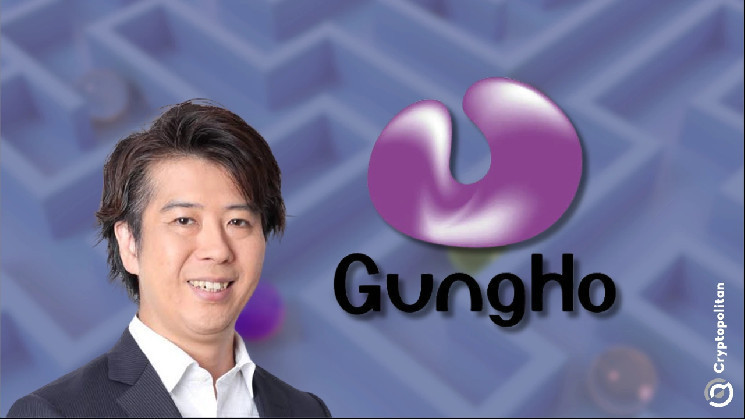GungHo Online Entertainment, a Japanese video game developer, has rejected the shareholders’ demand for a change in stream and policy on executive pay. The proposal by investment firm Strategic Capital cited issues such as CEO pay, financial performance, and transparency.
Strategic Capital, which has a 5.4% stake in Gunho, said GungHo has failed to launch a new game of similar success to Puzzle & Dragons since 2012 and squandered 100 billion yen ($640 million) on new games.
A key concern raised was that CEO Kazuki Morishita’s salary increased from 120 million yen to 340 million yen ($2.2 million) in the last ten years, while the operating profits decreased by 69%. The report also pointed out that Morishita earns nearly the same pay as Nintendo’s CEO despite the tremendous disparity between the two companies’ sizes. Strategic Capital proposed seven changes, the first of which was a remuneration review of GungHo with an emphasis on executives.
GungHo’s response and rationale
In response to all of the proposals by Strategic Capital, the Board of Directors of GungHo voted against them in a unanimous manner. The company justified Morishita’s high compensation package asserting that he has been GungHo’s CEO for more than two decades. They specifically noted that he was responsible for the development of Ragnarok Online as well as the popularity of Puzzle & Dragons for over a decade.
GungHo also dismissed the notion that it cannot create another hit game, saying that the mobile gaming market is very saturated. They added that this makes it nearly impossible for a company to produce a game like Puzzle & Dragons again.
The mobile gaming industry has advanced quite strongly since the time Puzzle & Dragons set a precedent for the gacha mechanics. However, the game was not unique of its kind. Dragon Collection, first launched in 2010 as a card-battle game on the GREE platform, is generally considered the first mobile Japanese game to feature gacha.
On remuneration, GungHo claimed that it complied with rules and regulations by adopting a completely transparent remuneration policy. The company further noted that the inclusions made by shareholders in their demand for extra disclosure were irrelevant.
Despite rejecting the proposals, GungHo has since made changes in its shareholder return policy. It changed the policy regarding dividends and share repurchases to focus on an active return to its shareholders. Also, the company enhanced its remuneration policy by including independent outside directors in the committee responsible for setting executives’ pay. On the same day, GungHo released its financial statements for the fiscal year 2024, in which all the key performance indicators had declined.

